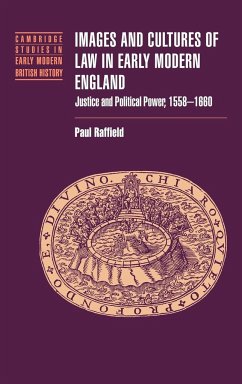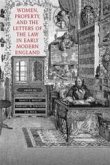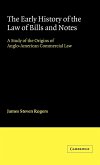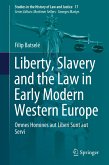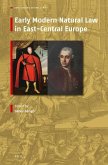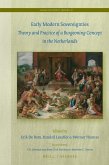This book offers a unique interpretation of the hidden culture of the early modern legal profession and its influence on the development of the English constitution. It locates an alternative site of political sovereignty in the legal communities at the Inns of Court in London, examining the signs of legitimacy by which they sought to validate the claim that common law represented sovereign constitutional authority. The role of symbols in the culture of English law is central to the book's analysis. Within the framework of a cultural history of the legal profession from 1558 to 1660, the book considers the social presence of the law, revealed in its various signs. It analyses how institutional existence at the Inns of Court presented the legal community as an emblematic template for the English nation-state, defending the sovereignty of the Ancient Constitution by reference to the immemorial provenance of common law.
Hinweis: Dieser Artikel kann nur an eine deutsche Lieferadresse ausgeliefert werden.
Hinweis: Dieser Artikel kann nur an eine deutsche Lieferadresse ausgeliefert werden.

